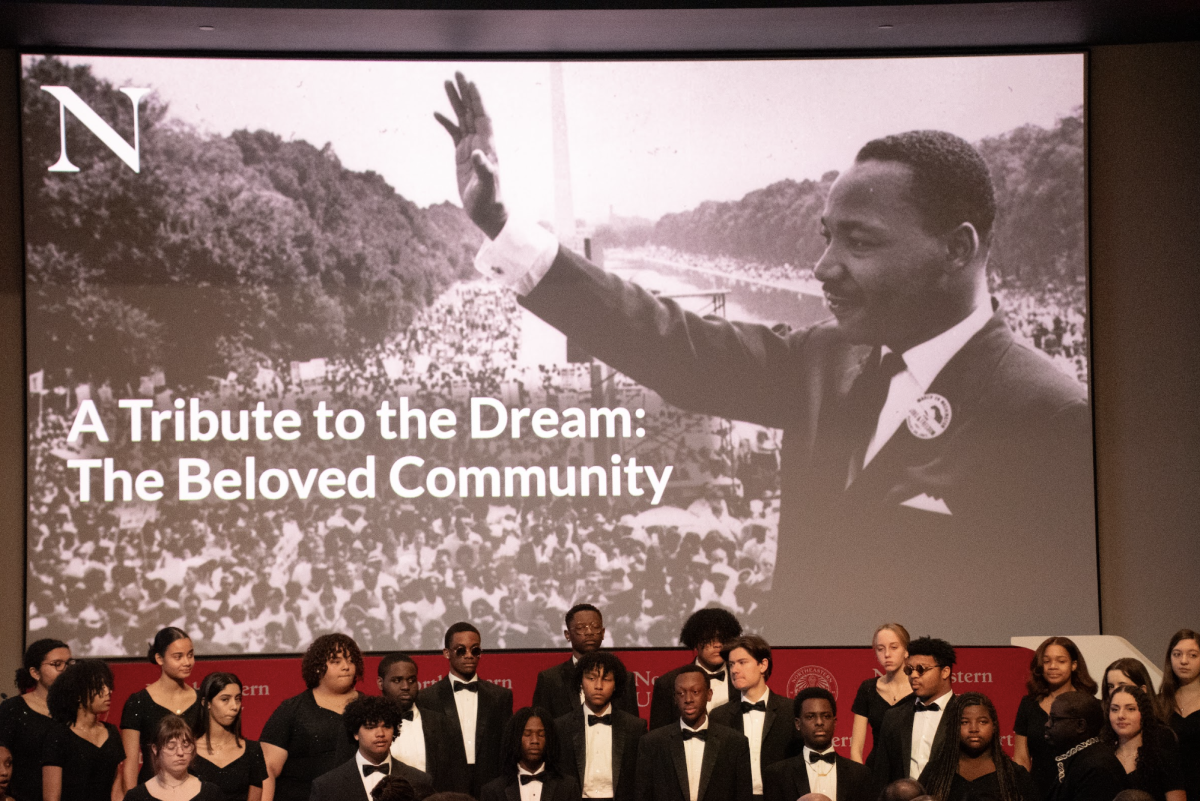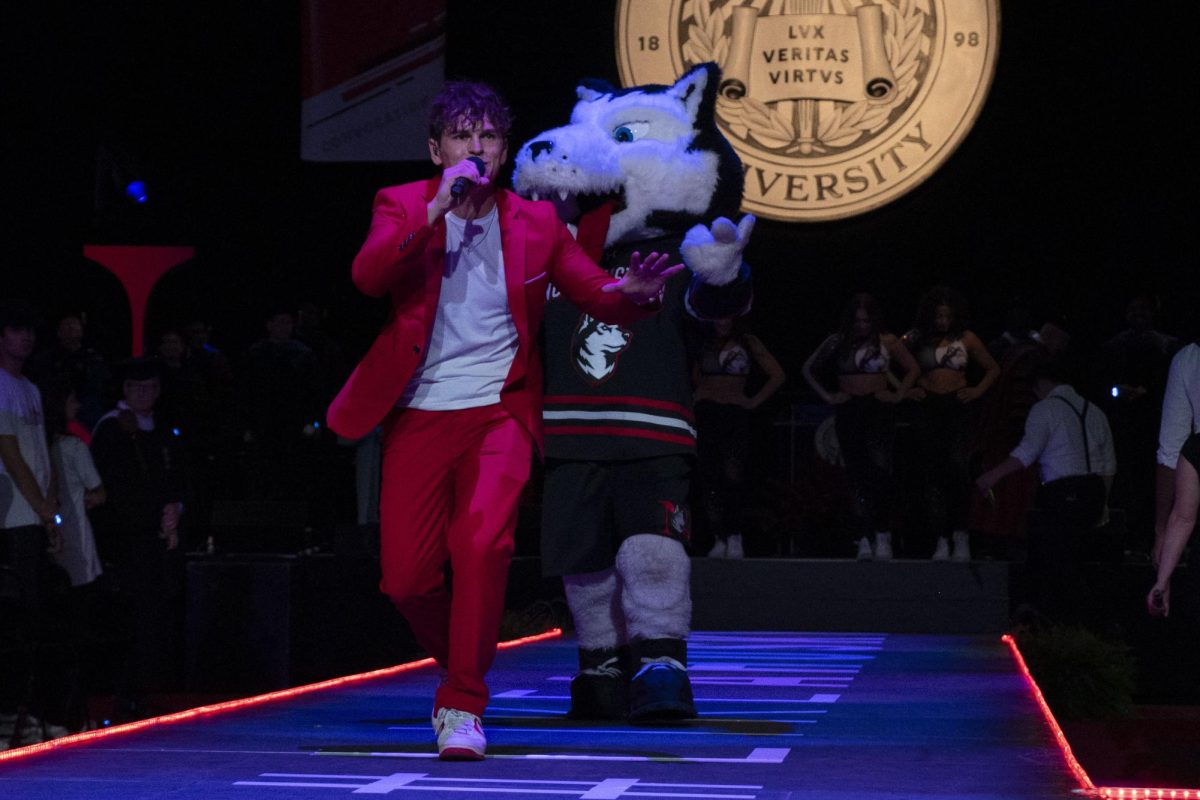By Emily Cassel, News Correspondent
Ever listened to anti-folk? How about acid jazz? Neo-psychedelia? Wizard rock? Ever even heard of any of these music styles?
As music has developed and changed over the years, a plethora of genres have been assigned to specific artists and styles. Listeners of popular musician Regina Spektor may be unaware that her record label touts her as ‘anti-folk,’ or that Yeah Yeah Yeahs are frequently referred to as ‘art-rockers.’ Do these names really matter?
Leon Janikian, associate professor of music and coordinator of music industry at Northeastern, said this ultra-specific genre naming trend has been around since the 1970s but has intensified in the past few years as a result of the music industry’s financial struggles.
‘This has been around for a long time, but it’s become more and more specific … [the pressure] comes from A&R [Artists & Repertoire], from marketers. And all of this is probably driven by Billboard and the RIAA [Recording Industry Association of America].’
Janikian said he believes marketers are most responsible for the new titles of music.
‘As people develop marketing strategies, they are focusing on specific demographic groups,’ he said. ‘I just think it’s a part of the marketing strategy … they actually have focus groups who sit around and discuss this sort of thing.’
He noted the sudden explosion in the number of labels could also be a result of the changes in the genre once referred to as ‘alternative.’
‘One of the problems is that it used to be that there was a recording genre called alternative, but over time it became mainstream. I guess they need to differentiate between that and everything else,’ Janikian said.
Ben Gram, a senior music industry major who tours with the rock band Irepress, said that while he understands why new genres form, he finds the trend foolish.
‘It’s interesting because it seems like it would make sense in terms that there’s more music out there than ever before, and tons of bands and genres,’ Gram said. ‘You want to create something based off of influences, but hopefully something new. … I guess it ties in to that. I think a lot of it is ridiculous.’
Ryan Dombal, a staff writer for online music magazine Pitchfork, has a different view of the genre naming trend. He said that new names are primarily created out of necessity.’
‘Sometimes there are new combinations of sounds that sound pretty fresh or don’t exactly fit into a genre that already exists, so a new one forms,’ Dombal said. ‘A lot of these new genres are mixes of ones that already exist.’
Dombal said placing the music in new categories is not a marketing ploy but instead a way to make artists more accessible to listeners.
‘It gives a scene a name that people can identify, like grunge,’ he said. ‘It’s just an easy way to categorize things, so people know what you’re talking about.”
Janikian said he finds this trend contrary to the main mission of the music industry.
‘I think music is art, and we should make money on music, but we should not encumber music by giving it these idioms,’ he said. ‘I think for an artist it must be disconcerting to see what idiom you’re placed in.’
Dombal, alternately, said the primary motivation behind creating new genre names is not money but convenience for listeners.
‘It’s more a benefit for fans and followers than artists,’ he said.
Either way, Janikian said he doesn’t believe this trend will be around forever.
‘I think the audience may say they’ve had enough of this,’ he said. ‘I think marketers will perpetuate this as long as they get some kind of results … [but] I think people will disregard this eventually.’
Gram said that ultimately, he doesn’t think the name given to a style of music matters.
‘Live shows are still what make or break musicians. If a band can’t pull it off live, they can’t make it. Even with the ridiculous genres, I don’t think the name is going to get in the way of that,’ he said.








